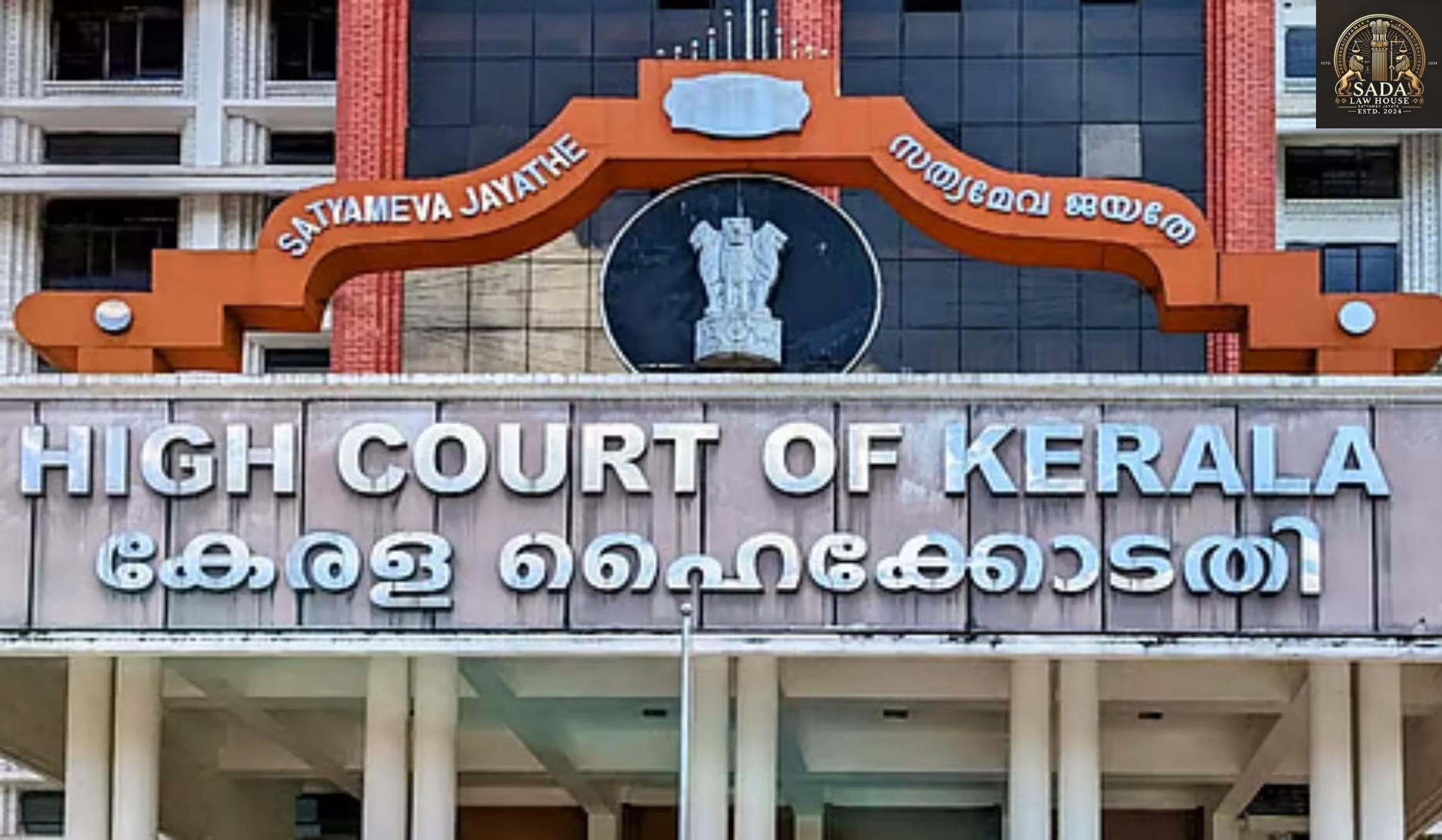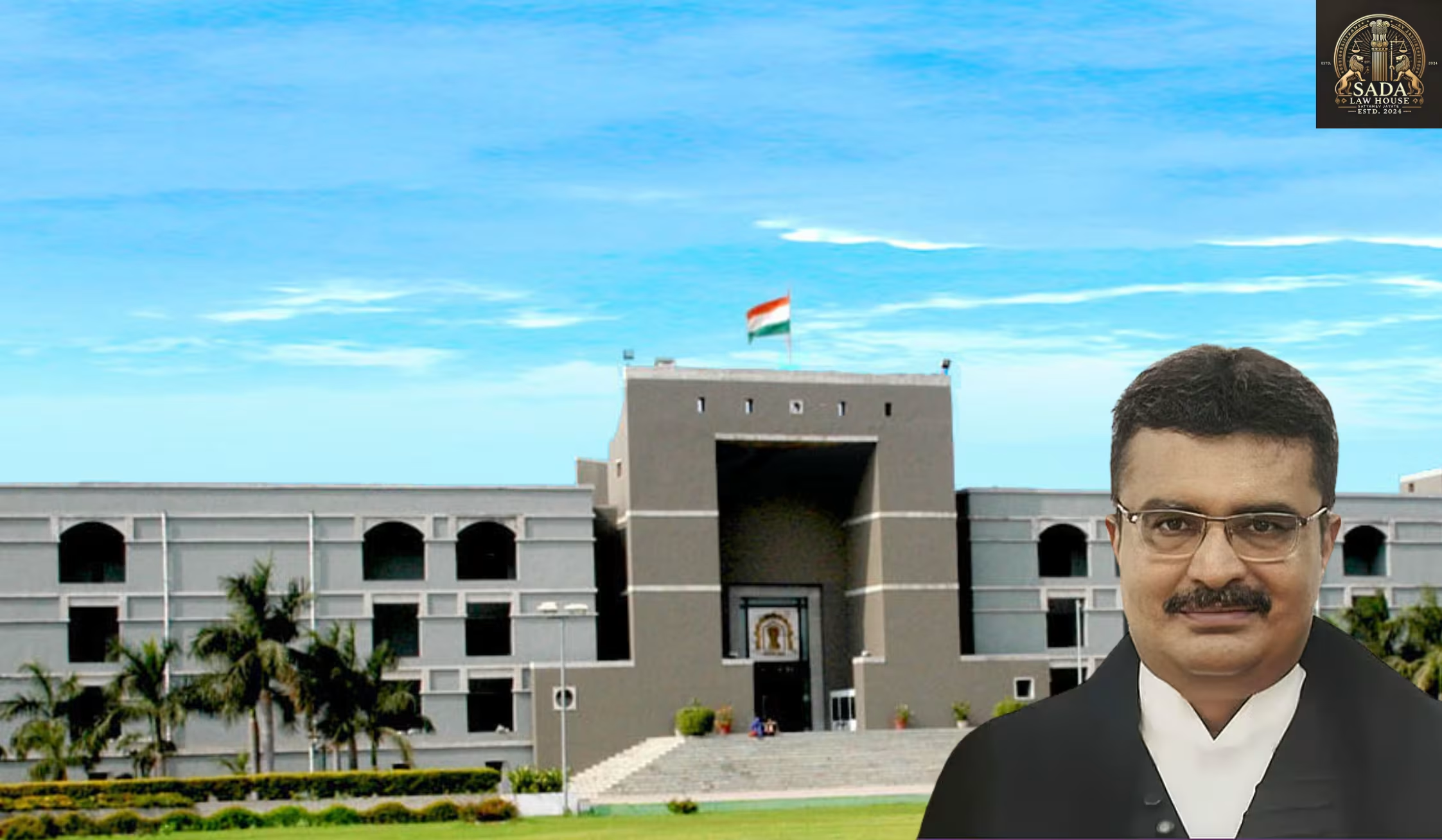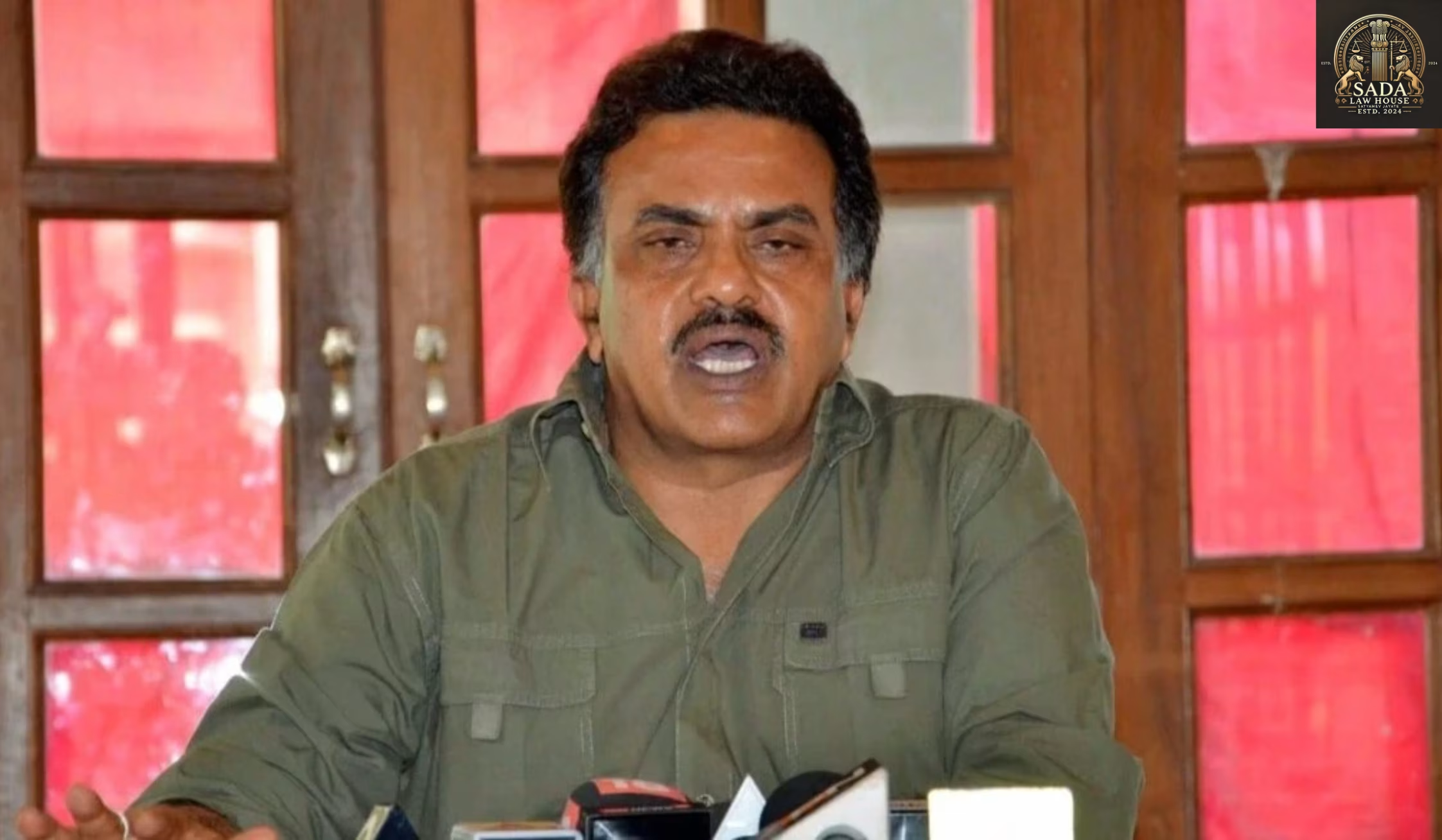Delhi High Court Rejects PIL Over Illegal Construction Near Mehrauli Gurdwara, Cites Lack of Locus Standi
- KASHISH JAHAN
- 05 June 2025

The Delhi High Court dismisses a PIL over alleged illegal construction near a historic gurdwara in Mehrauli, citing lack of locus standi. Learn why the court emphasized responsible use of public interest litigation.
Overview: Public Interest Litigation Faces Scrutiny
In a significant ruling, the Delhi High Court has dismissed a Public Interest Litigation (PIL) that challenged alleged unauthorized construction near a historic gurdwara in Mehrauli, Delhi. The Court highlighted that while protecting religious and heritage sites is crucial, judicial time must be reserved for genuine concerns backed by a legitimate connection.
The Petitioner’s Concern: Unauthorized Structure Near a Heritage Site
The PIL claimed that construction near the gurdwara was illegal and compromised the sanctity of the sacred site. Despite the religious and historical significance of the location, the Court questioned the petitioner’s standing in the case.
Locus Standi: A Legal Requirement for Filing PILs
Justice Mini Pushkarna emphasized the importance of locus standi — a legal principle that requires a person to have a direct and substantial interest in the issue at hand. The petitioner was found to have no personal stake — not being a nearby resident nor part of the gurdwara’s management. The Court labeled the PIL as frivolous and speculative.
Court’s Decision: Petition Dismissed with Penalty
Given the lack of locus standi, the High Court dismissed the case and imposed a penalty of ₹50,000 on the petitioner. The judgment underscored that the courts must not be used for baseless or attention-seeking activism.
Importance of Judicial Discipline in PILs
This ruling serves as a strong precedent emphasizing that PILs must be sincere and supported by a valid personal connection. The Court reiterated that while it remains committed to safeguarding public and heritage interests, frivolous cases waste judicial resources and undermine the purpose of public interest litigation.
Conclusion: Respecting the Sanctity of Legal Proceedings
The dismissal sends a clear message: the judicial system is not a platform for loosely framed or speculative petitions. PILs are powerful tools in a democracy, but their misuse can disrupt justice. For those not directly affected, it’s vital to understand the limits of legal intervention.
Live Cases






